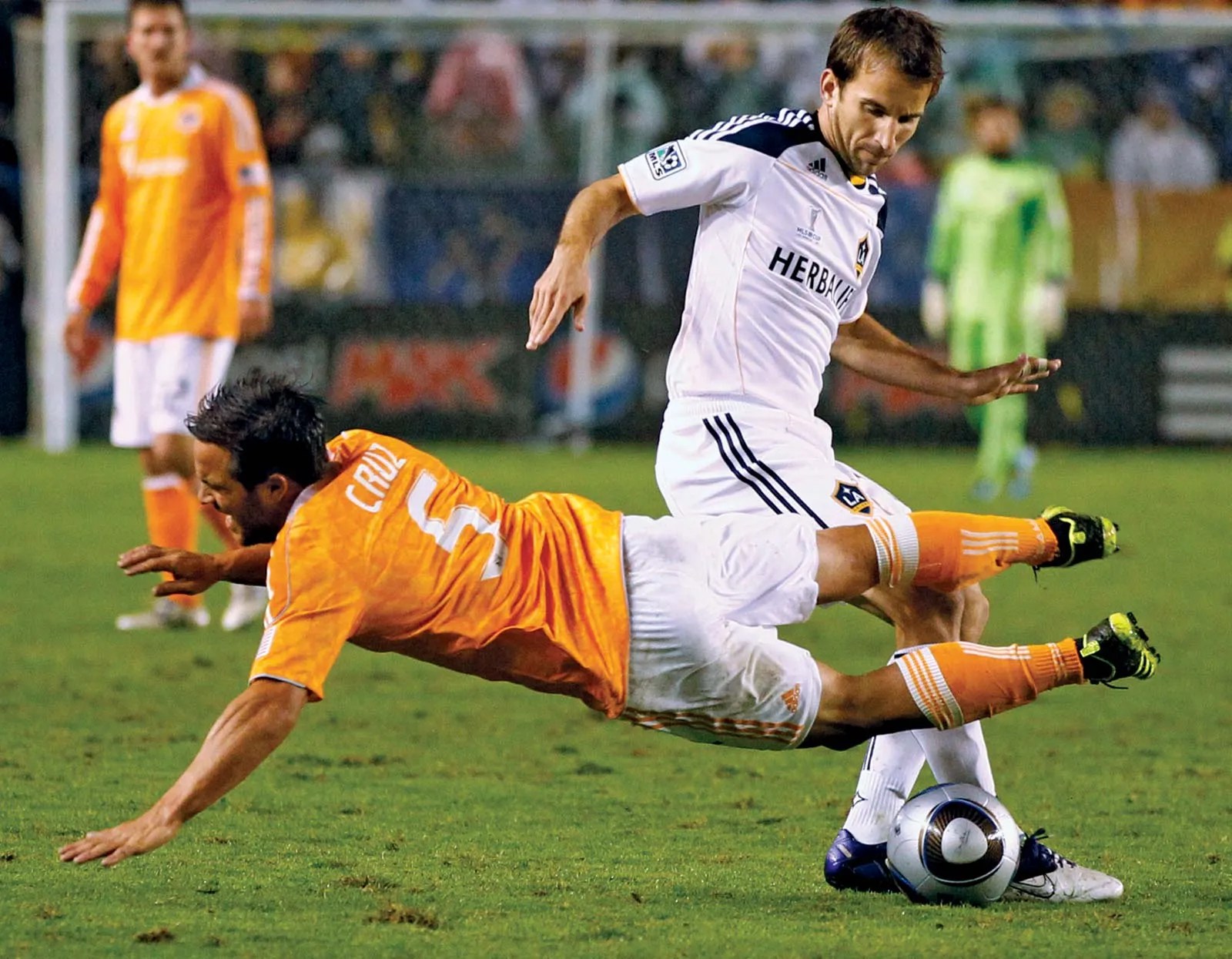Major League Soccer (MLS) has captured the hearts of millions across the United States and Canada, transforming the landscape of professional sports in North America. The league, which was founded in 1993 and began play in 1996, has grown exponentially in popularity, making soccer a staple in the American sporting culture. With a blend of international stars, homegrown talent, and passionate fan bases, MLS has become a compelling force that continues to attract attention from diverse demographics.
The evolution of Major League Soccer is marked by its commitment to fostering talent and enhancing the overall quality of play. As the league expands its reach, it also embraces the exciting development of youth academies, which serve as a breeding ground for future stars. This focus on nurturing talent not only elevates the game but also promotes a deeper connection with local communities and fans alike.
In recent years, Major League Soccer has made headlines with its expansion teams, investment in infrastructure, and partnerships with international clubs. As the league aims to provide a competitive platform for soccer enthusiasts, it is essential to explore the various aspects that contribute to its success. From the thrilling matches to the dedicated fan culture, Major League Soccer is more than just a league; it’s a movement that encapsulates the spirit of the game.
What is the History of Major League Soccer?
The history of Major League Soccer is a fascinating journey that reflects the growing interest in soccer across North America. Established in the aftermath of the United States hosting the FIFA World Cup in 1994, MLS aimed to capitalize on the sport's newfound popularity. The inaugural season kicked off with ten teams, and since then, the league has expanded to include 30 teams, with plans for even more in the future.
How Has Major League Soccer Evolved Over the Years?
Over the years, Major League Soccer has evolved significantly, both on and off the field. The league has seen improvements in the quality of play, increased investment in player development, and a surge in attendance and viewership. MLS clubs have also embraced modern marketing techniques and partnerships with international teams, allowing them to tap into broader soccer markets.
What Role Do Youth Academies Play in Major League Soccer?
Youth academies have become an integral part of Major League Soccer's growth strategy. By investing in local talent, MLS clubs are not only enhancing their rosters but also fostering a deeper connection with their communities. These academies provide young players with the necessary training, resources, and exposure to help them succeed in the sport, ultimately contributing to the overall development of soccer in the region.
How Do Fan Cultures Shape Major League Soccer?
The fan culture surrounding Major League Soccer is vibrant and diverse. Supporters groups play a crucial role in creating an electric atmosphere during matches, often organizing chants, displays, and events that showcase their passion for the game. This sense of community and belonging enhances the overall matchday experience, making it a must-see event for soccer enthusiasts.
What Are Some Key Moments in Major League Soccer History?
Major League Soccer has had its share of memorable moments that have defined the league. From historic matches to groundbreaking player signings, these events have shaped the narrative of MLS. Some key moments include:
- The first MLS Cup in 1996, which marked a new era for professional soccer in the U.S.
- David Beckham's signing with LA Galaxy in 2007, which brought international attention to the league.
- The introduction of the Designated Player Rule, allowing teams to acquire star players without salary cap restrictions.
- The league's expansion to include franchises in cities like Los Angeles, Atlanta, and Nashville.
What Impact Does Major League Soccer Have on American Sports Culture?
Major League Soccer has made a significant impact on American sports culture, bridging the gap between traditional American sports and the global appeal of soccer. The league has helped to normalize soccer as a mainstream sport in the U.S., introducing new fans to the game and fostering a sense of unity among diverse communities. With increasing media coverage and the rise of homegrown talent, MLS is poised to continue its growth and influence in the world of sports.
What Are the Future Prospects for Major League Soccer?
The future of Major League Soccer looks promising, with several initiatives aimed at expanding its reach and enhancing the overall experience for fans. Key prospects include:
- Continued expansion with new teams in emerging markets.
- Investments in stadiums and infrastructure to improve matchday experiences.
- Strengthening partnerships with international clubs to enhance player development.
- Growing the league’s presence in digital and streaming platforms to reach a broader audience.
As Major League Soccer continues to grow and evolve, it remains committed to fostering the love for soccer in North America. With passionate fans, exciting talent, and a promising future, MLS is undoubtedly a league to watch in the coming years.
You Might Also Like
Unpacking The Recent Recall On Ramen Noodles: What You Need To KnowUnraveling The Comedy Genius Of Jerrod Carmichael
Unveiling The Life And Career Of Haley Joel Osment
Exploring The Life And Legacy Of Ree Drummond
Exploring The Relationship: Are Ellen And Portia Still Together?
Article Recommendations
- Arrests Org Lynchburg Virginia
- Carol Burnett Kids Daughters 5003317
- Is Asap Rocky Going To Jail 5331152
- Skeet Ulrich Relationship
- Rayren98 Tnt Super Fantastic Conference Call Today
- Patrick Flueger Relationship
- Denzel Washington Relationships
- Flavor Flav
- What Does Bruce Willis Have
- Alan Jackson Health 5077973

